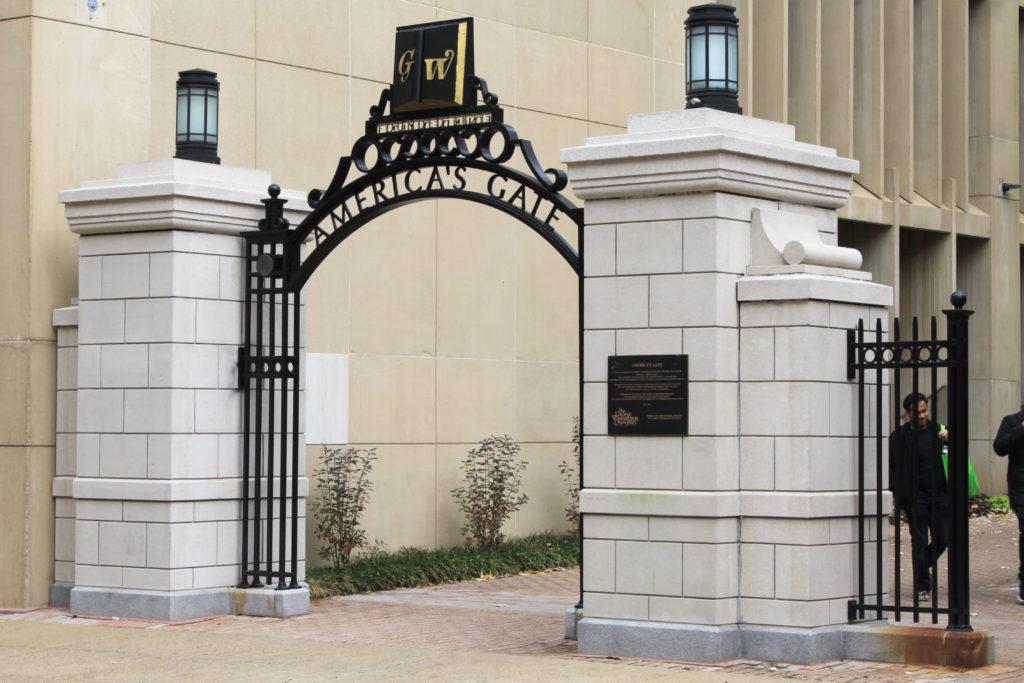Updated: Nov. 18, 2021 at 6:27 p.m.
The Student Association will hold a special election on two referenda Wednesday and Thursday, which could reform election voting and divide at-large seats for future SA races.
The election will start at 7 a.m. Wednesday and run through Thursday until 9 p.m. on Engage. Students will vote on whether to replace ranked-choice voting with plurality voting for certain SA Senate races and whether the SA should divide at-large seats into separate graduate and undergraduate seats across four of the University’s schools.
The senate set the referenda in motion with two resolutions passed in September. Senators also approved a third resolution at that meeting to pose a referendum on reestablishing first-year senate seats, but the Student Court struck down the referendum last month after concluding that it violated the SA Charter and the University’s Statement on Student Rights and Responsibilities.
The court temporarily blocked the SA’s special election committee from holding any referenda in September after an SA executive office filed a complaint against the first-year seat referendum.
The Plurality-At-Large Voting Act set a referendum that could change the electoral process for multi-seat senate races from ranked-choice voting to a plurality system. The Proportional Representation Act’s referendum poses the question on dividing at-large seats for the Milken Institute School of Public Health, the School of Nursing, the School of Medicine and Health Science and the College of Professional Studies into graduate and undergraduate positions.
SA Sen. Chris Pino, CCAS-U and the sponsor of the Plurality-At-Large Voting Act, said with plurality voting, students would be able to vote for the same number of candidates equivalent to the number of seats available for each race.
Pino said the referendum if passed would go into effect in time for the annual spring SA elections and would ease “confusion” about the SA’s multi-seat elections in schools like the Columbian College of Arts and Sciences constituency, which had seven available seats in the last spring elections.
“In 2021, there were nine candidates that voters were expected to rank,” Pino said in an interview. “And then the [Joint Elections Commission] is expected to tabulate that perfectly. And it’s all around a confusing system on both the administrative side and on the voting side and on the representational side too.”
SA Sen. Cordelia Scales, SEAS-U and the sponsor of the Proportional Representation Act, said dividing the at-large seats will ensure that both undergraduate and graduate constituencies are proportionally represented in the senate. She said the referendum, if passed, would also go into effect for the next senate elections in the spring but general at-large seats may still exist if there are vacant seats on the senate.
“The Proportional Representation Act guarantees equal and proportionate representation for grads, undergrads in their respective schools for the four schools that don’t already have that system,” Scales said.
Members of the special elections committee, which set the schedule for the referenda, did not return multiple requests for comment.
This post has been updated to reflect the following:
After publication, the poll closing time was moved up on Thursday from 11:59 p.m. to 9 p.m.








